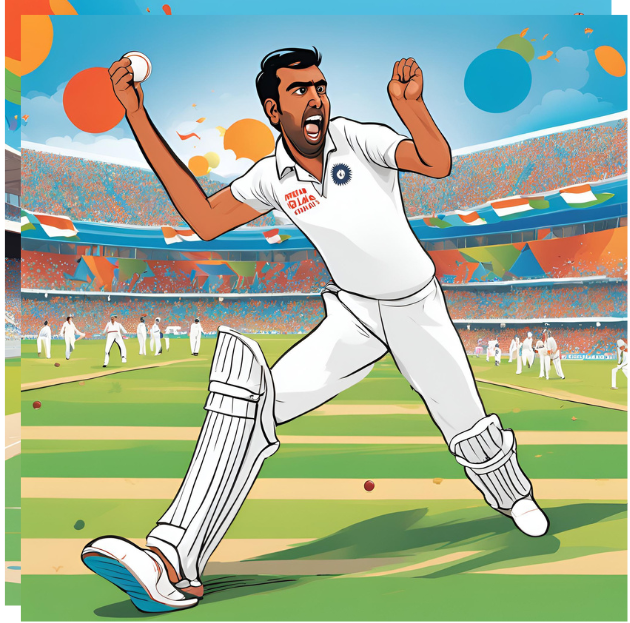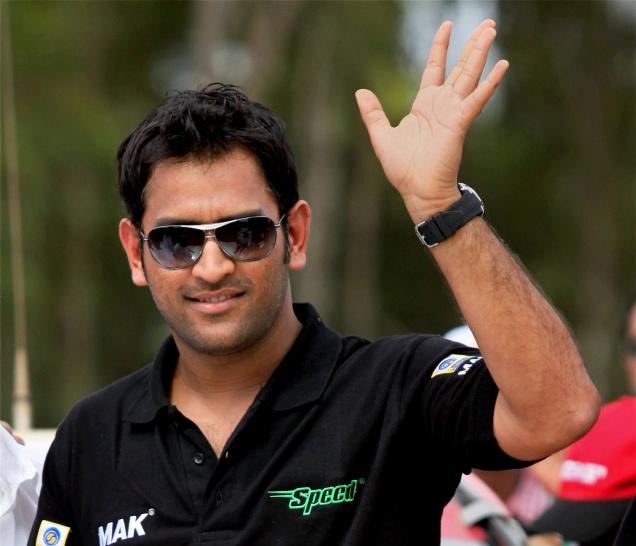NEW DELHI – In a move that has sent ripples through the cricketing world, veteran Indian off-spinner Ravichandran Ashwin has announced his retirement from international cricket. The decision brings an end to a stellar career marked by numerous records and match-winning performances. However, the timing of the announcement has prompted discussions about the factors that may have influenced Ashwin’s decision to hang up his boots. Several key elements appear to have played a role.
- Persistent Knee Troubles: Ashwin has been battling knee issues for a considerable period. While he has managed to play through the pain, the physical strain of international cricket, especially the rigors of Test matches, has undoubtedly taken its toll. The need for constant management and the potential for the injury to worsen likely factored into his decision.
- Shifting Team Dynamics and the Rise of Younger Spinners: Indian cricket has witnessed the emergence of talented young spinners in recent years. The rise of Axar Patel as a like-for-like replacement in home conditions, coupled with Washington Sundar’s all-round abilities, presented a challenge to Ashwin’s consistent inclusion in the playing XI. This competition for spots, especially in limited-overs formats, likely influenced his perspective.
- Perceived Lack of Long-Term Planning: Despite his consistent performances in Test cricket, especially at home, there was a sense that Ashwin wasn’t a central part of the team’s long-term plans, particularly in overseas conditions. His exclusion from crucial matches, despite being fit and available, suggested a shift in the team management’s thinking.
- The World Test Championship Final Snub: Ashwin’s omission from the playing XI for the World Test Championship final against Australia was a significant blow. Despite his impressive record against left-handers, a perceived vulnerability against certain Australian batsmen led to his exclusion. This decision likely played a significant role in his assessment of his future with the team.
- Declining Effectiveness in Overseas Conditions: While Ashwin remains a formidable force in home conditions, his effectiveness in overseas Tests has been a subject of debate. While he has had some notable performances, his overall record outside the subcontinent isn’t as dominant. This perception may have contributed to the team management’s decisions and, consequently, to Ashwin’s own evaluation of his career trajectory.
- Evolving Team Strategies: Modern cricket emphasizes adaptability and flexibility. The increasing use of pace-heavy attacks, even in subcontinent conditions, may have reduced the reliance on two specialist spinners. This shift in strategy could have impacted Ashwin’s role within the team.
- Personal Considerations: Finally, personal factors such as spending more time with family and exploring other avenues may have played a role in Ashwin’s decision. After a long and demanding career, the desire to step away from the pressures of international cricket is understandable.
Ultimately, Ravichandran Ashwin’s retirement appears to be a culmination of various interconnected factors. While he leaves a significant void in Indian cricket, his legacy as one of the game’s finest spinners remains secure.
About Ravichandran Ashwin:
Ravichandran Ashwin, born in Chennai, India, on September 17, 1986, is a right-arm off-spin bowler and accomplished lower-order batsman. He is widely regarded as one of the best spin bowlers in cricket history, particularly in Test matches.
Ashwin made his international debut in 2010 and quickly became a key member of the Indian team across all formats. He holds numerous records, including being the fastest bowler to reach 50, 100, 150, 200, 250, 300, 350, 400 and 450 Test wickets. His variations, including the carrom ball, and his tactical acumen make him a constant threat to batsmen.
In Test cricket, Ashwin has been particularly dominant, especially in home conditions. He has multiple five-wicket hauls and has contributed significantly with the bat, scoring valuable runs and centuries. He is one of the few players to achieve the double of 3000 runs and 500 wickets in Test matches.
Ashwin has also been a valuable asset in limited-overs cricket, contributing crucial wickets and economical spells. He was a member of the Indian team that won the 2011 Cricket World Cup.
Beyond his statistics, Ashwin is known for his intelligent approach to the game and his willingness to experiment and innovate. His contributions to Indian cricket have been immense, and he will be remembered as a true legend of the sport.



